Inclusive Education Transforms Lives
Recently, Action in Africa welcomed dozens of teachers to a two-day workshop designed to equip them with the tools and knowledge to better support students with special needs. In Uganda, children with diverse learning and developmental needs are often placed in mainstream classrooms, yet most educators receive little to no formal training in inclusive education. This workshop offered practical strategies, resources, and encouragement to help teachers create more supportive and inclusive learning environments for their students.
Action in Africa has made strides in addressing the significant challenges and obstacles faced by children with special needs. In collaboration with Inclusion Support Uganda, we organized two inclusive education sessions for 45 teachers from nine primary schools on March 29th and April 12th. The sessions were conducted at The Center at Action in Africa, and teachers were certified for their commitment, eagerness to learn, and attendance.
The training aimed to provide teachers with knowledge about various types of disabilities and special needs, their causes, principles, key terms, barriers affecting children, common myths and misconceptions, and strategies to help children with special needs thrive in their communities, homes, and school environments.
According to the Ministry of Education and Sports report of 2017, there were 172,886 children with special needs enrolled in primary schools and 8,945 at the secondary level. Additionally, a 2014 UNICEF report estimated that about 16% of Uganda's children are disabled and 10% are children with special needs, but only 5% have access to inclusive schools and education resources. These statistics motivated Action in Africa to organize teacher training focused on modified teaching methods and awareness creation.
Speaking to the teachers, Ida Doreen Namuli, Head of Partnerships at Inclusion Support Uganda, highlighted many barriers faced by children with special needs and disabilities.
During group discussions, Ida and the teachers shared various disability and special needs cases they personally support in the classroom, including: Down syndrome, spina bifida, cerebral palsy, hydrocephalus, dyscalculia, dyslexia, epilepsy, genetic disorders like sickle cell disease, autism, albinism, and gifted and talented children.
Furthermore, she offered teachers strategies for supporting children so they can be acknowledged and be accepted in society. She encouraged them to promote inclusion through various mechanisms: creating inclusive environments in language and physical access; academic inclusion via differentiated teaching and technological tools; social inclusion through peer interaction and buddy systems; inclusive extracurricular activities that foster participation and skill development; emotional support to build self-esteem and confidence; and collaboration through strong parent-teacher relationships and tracking student progress to adapt strategies as needed.
Lastly, she called for sustainable integration through a strong, empowering approach that acknowledges and celebrates the achievements of children with special needs, allowing them to express their voices and realize their potential.
In addition to Action in Africa’s robust Teacher Training Program, our Special Needs Program exists to provide personalized learning experiences, individualized therapy, and general aid for children with special needs.



